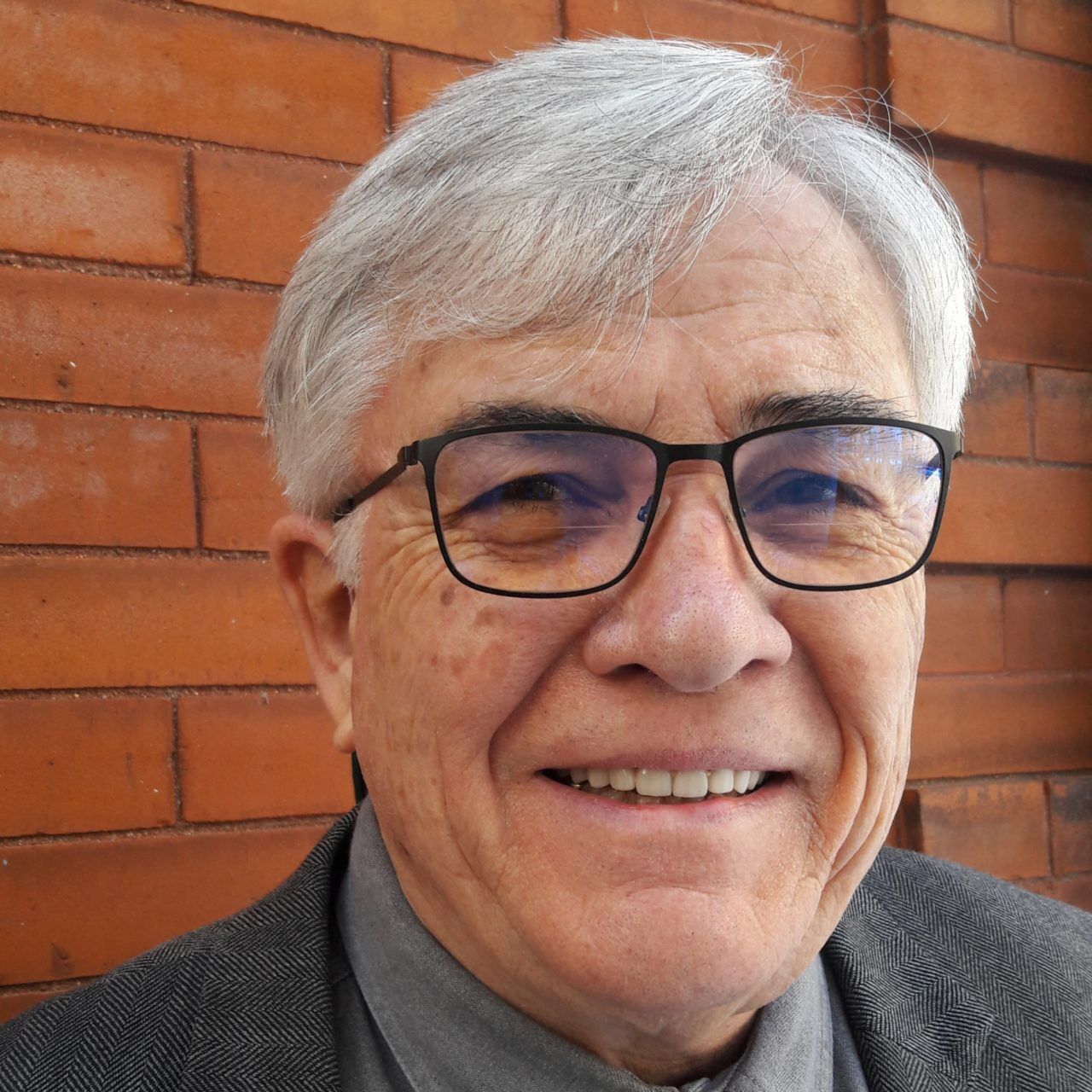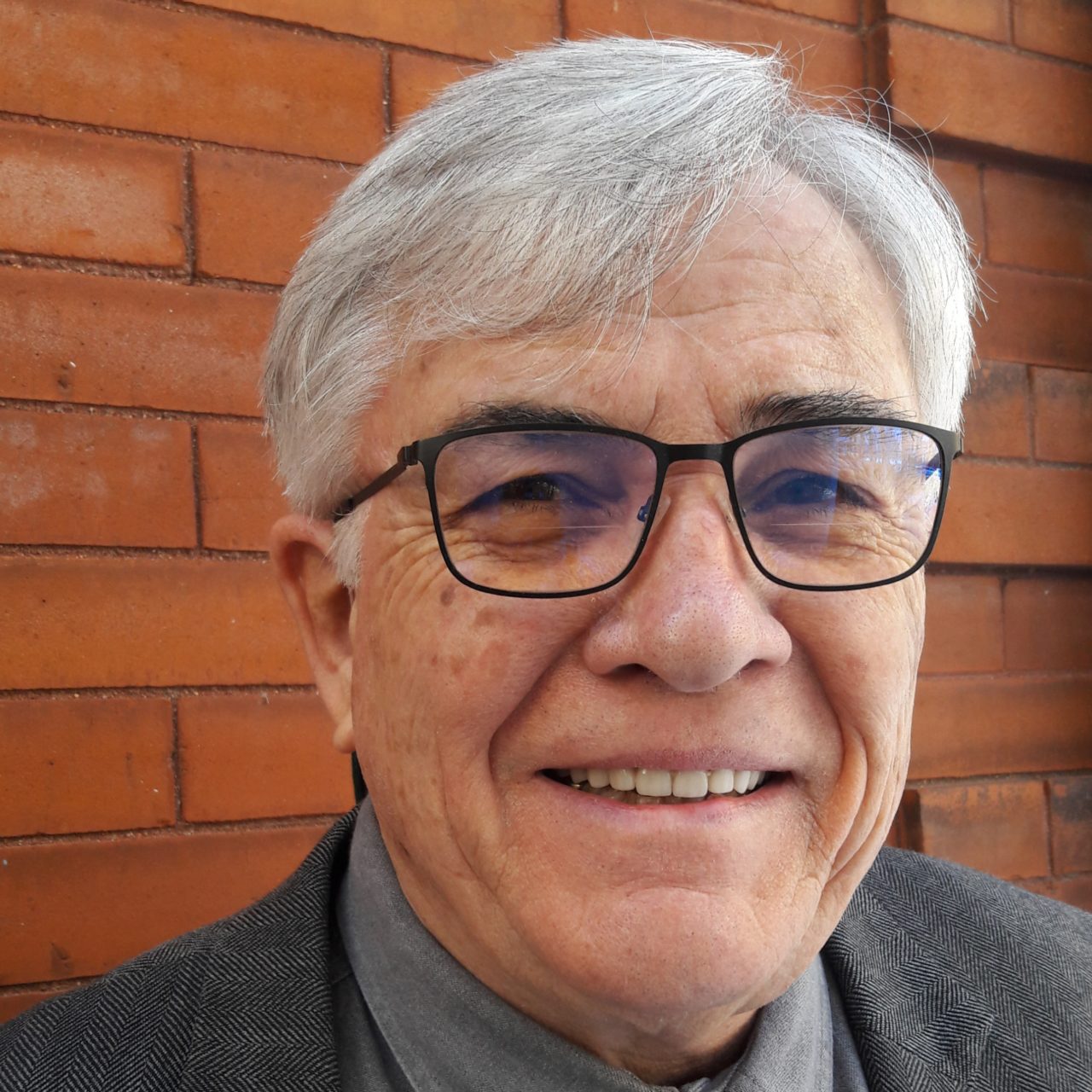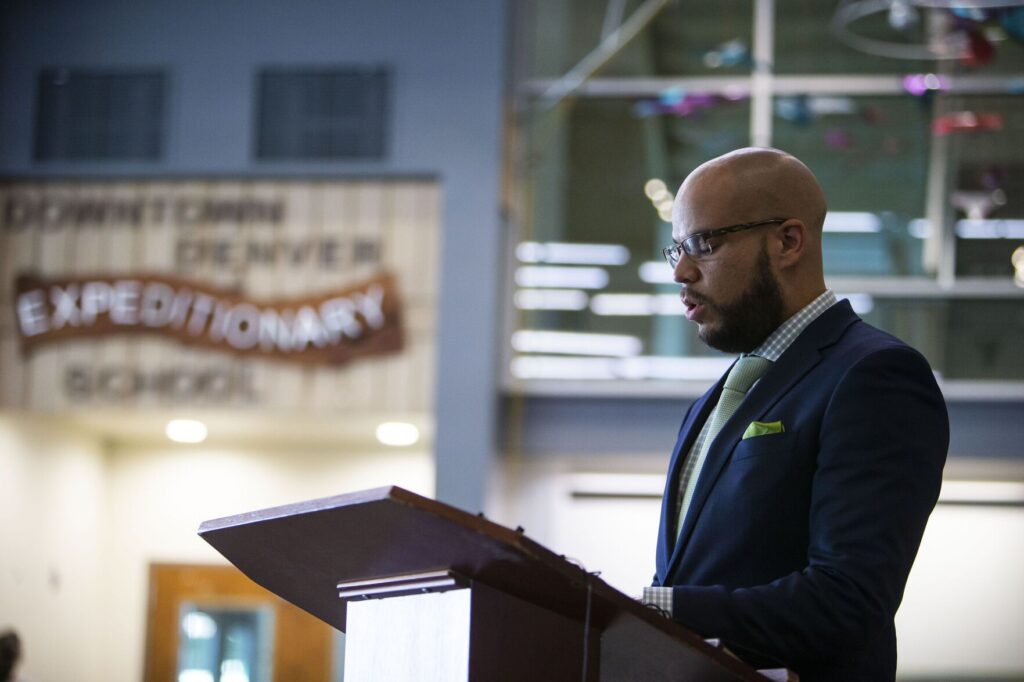HUDSON | Cordial climate-change debate in Colorado


If you are still on line one waiting for the latest from Kyiv, the persistent blinking light on line two is alerting you to the possibility of civilization’s extinction due to climate change. You might have missed the recent United Nations’ Intergovernmental Panel on Climate Change (IPCC) report that Secretary General Antonio Guterres characterized as an “…atlas of human suffering and a damning indictment of failed climate leadership.” That was the cheery part before he closed with “…unchecked carbon pollution is forcing the world’s most vulnerable on a frog march to destruction – now!” Apparently, the fact that environmental damage is arriving sooner than expected and causing more damage than forecast alarms the 270 scientists from 70 nations who contributed to the 3,700-page report.
Since most of us will never find time to peruse the contents of this doorstop report, the Steamboat Institute, in collaboration with the Benson Center at the University of Colorado’s Boulder campus held a formal debate last week for a crowd of just more than a hundred. The proposition to be debated was, “Should America Eliminate Fossil Fuel Use to Prevent Climate Catastrophe?” Both the Institute and the Benson Center are conservative advocates, but they are to be commended for encouraging a heated debate of a heated subject. The same debate had been held the night before a crowd at the University of Miami. The adversaries were somewhat surprising, with the 77-year-old General Wesley Clark and 2004 Democratic Presidential candidate who commanded the American bombing campaign in Kosovo, arguing the affirmative. In the negative was the 42-year-old Alex Epstein, author of “The Moral Case for Fossil Fuels.”
If their positions sound like some perverse role reversal between an aging boomer and an aggrieved Millennial, you wouldn’t be far wrong. Clark, class valedictorian at West Point in 1966, makes a persuasive advocate. Epstein is no intellectual slouch himself. In fact, they agreed on several points sure to have disappointed zealots among their supporters. Both believe there should be a role for nuclear power in our eventual transition away from fossil fuels. Clark conceded a zero-carbon goal was absurdly ambitious and that even 2050 was unlikely. Epstein agreed, in return, that low cost, reliable renewable energy resources will be required. Their differences arose in how we should best move toward a sustainable and resilient energy economy.
It should not come as a surprise that General Clark, who spent most of his adult life in uniform, has great faith in the public sector and its ability to fund the research needed to shepherd an economic conversion. Epstein would prefer that government kept its hands off the problem and rely on the entrepreneurial ingenuity of the private sector. My own take, although I am admittedly sympathetic with Clark’s concerns, is that climate change is an all-hands-on-deck political challenge. Both debaters offered important points and, in some respects, both were right.
Clark’s insistence that carbon’s true costs (including its damages) should be accurately priced in the marketplace sounds like fiscal conservatism to me. And demanding that consumers should pay for what they use sounds the same as well. Epstein’s appeals to economic fairness and access to energy resources, particularly for developing countries and emerging technologies, sounds a bit like bleeding-heart liberalism. Epstein sees the provision of cheaper fossil fuels until everyone else catches up with developed economies is the moral answer. This is not an easy sell. Naomi Klein, author of “This Changes Everything,” recently observed, “There is no such thing as a short-term fossil fuel play.” So-called “bridge strategies” have had a history of more bridge building than can be justified when fossil fuel prices remain low. We are talking about them again because $100-a-barrel oil would make them potentially profitable.
Few of those who choose to spend their evenings at an energy policy debate arrive without a previously-formed opinion. Pre-debate, 32 indicated they were in the affirmative, while 60 were in the negative with a dozen undecided. After an hour, 37 reported themselves in the affirmative, and 59 in the negative and a half-dozen still uncertain. It appears that Clark moved more of the “don’t know” caucus than did Epstein. There are several books, some written nearly two decades ago speculating on why it has been so difficult to move climate change up our list of political priorities. Each has a different theory.
In closing I’d like to relate the viewpoint of my high school debate partner who earned a Ph.D. in Aeronautical Engineering and went on to become a certifiable rocket scientist. He’s a firm believer our climate is warming, but believes CO2 is a weak greenhouse gas – that while it plays a part, something else, still unidentified, is contributing to rapid change. Further study seems essential – now!
Miller Hudson is a public affairs consultant and a former Colorado legislator.












